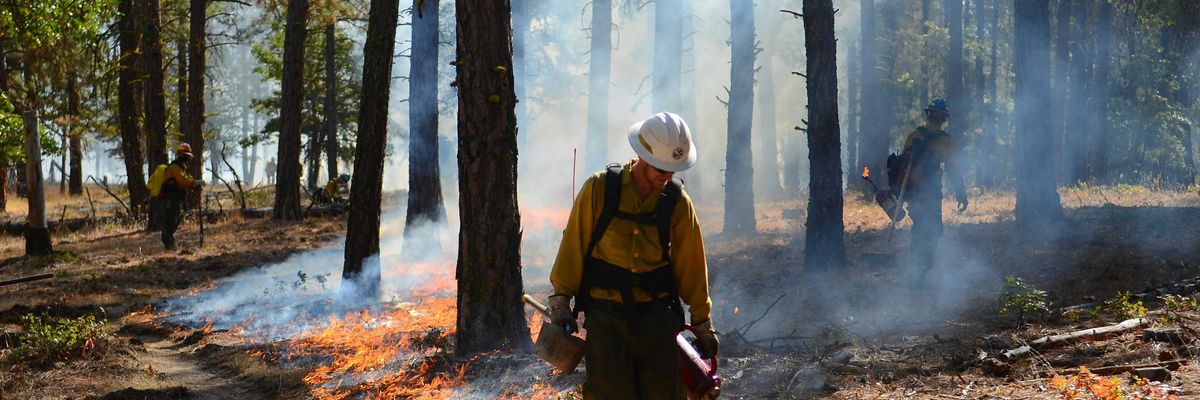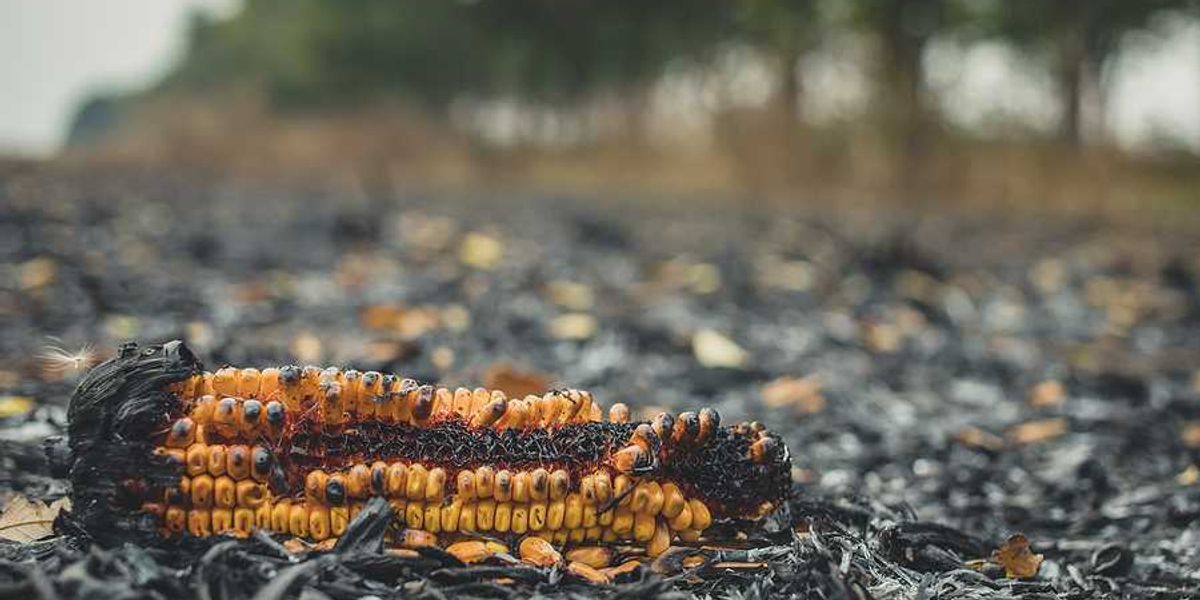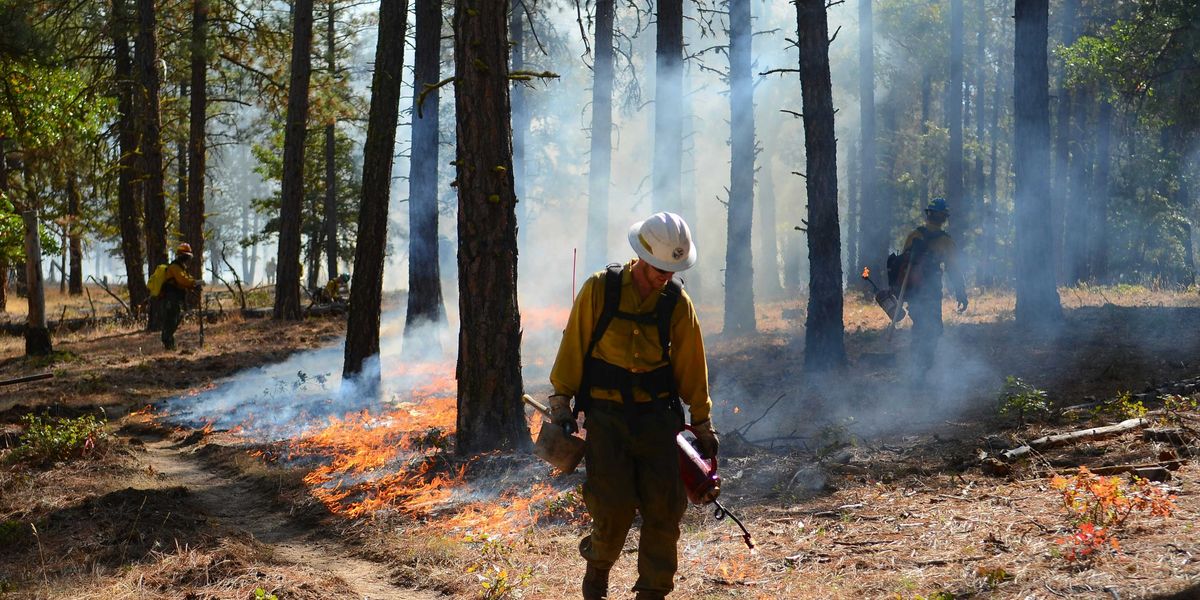cadmium
Elevated levels of metals found in creek near Virginia coal ash pit
The effect of coal ash on the environment has been studied and debated for more than seven years now in Virginia. Utilities have spent those years looking for long-term disposal.
The lie of a cleaner oilsands
In May 2022 a tailings pond at Imperial’s Kearl Lake facility started leaking toxic waste into groundwater and outside its lease boundaries. But no one reported the leak to water users living downstream of the massive oilsands project for nine months.
In a nutshell:
Award-winning journalist, Andrew Nikiforuk, writing for The Tyee, lays out a damning, but all-too-familiar chronology of ongoing hydrocarbon spills in the Alberta Oil patch that go unreported and unregulated by a seemingly complicit Alberta Energy Regulator. Indigenous leaders, their food sources and drinking water contaminated, have expressed total distrust with the state of monitoring and reporting, repeatedly castigating the Alberta Energy Regulator as a “joke” or unaccountable.
Key quote:
“All trust with the Alberta government has been broken and has been broken for a long time. They can’t be trusted to oversee the mess,” Athabasca Chipewyan First Nation Chief Allan Adam told Parliament’s Standing Committee on Environment and Sustainable Development.
Big picture:
At one time the Alberta government and industry promised to control the proliferation of the mining waste stream with stiff regulations. But industry ignored 2009 rules to reduce the volume of tailing waste and then regulators abandoned them. Now government and industry propose to rid themselves of the tailings waste problem with the cheapest possible solution — by minimally treating wastewater by filtering it through petroleum coke (a bitumen byproduct) with the goal of releasing that water into the Athabasca River.
Read the full story from The Tyee.
The lie of a cleaner oilsands
As Shell, Eni quit Niger Delta, state-backed report describes legacy of carnage
A new report commissioned by the governor of Bayelsa state in Nigeria said that over the course of 50 years, oil companies spilled 10-15 times as much oil as the Exxon Valdez disaster in the small riverine state.
EPA proposes new rules for toxic pollutants discharged from coal-fired power plants
The EPA has proposed new and stricter limits on toxic contaminants that utilities can discharge from their coal-fired power plants and coal ash landfills — but it’s still unclear how the rules would affect Duke Energy’s facilities in North Carolina.









